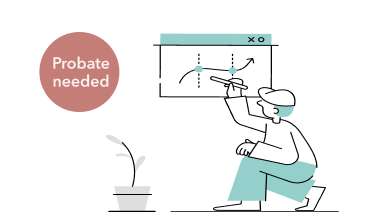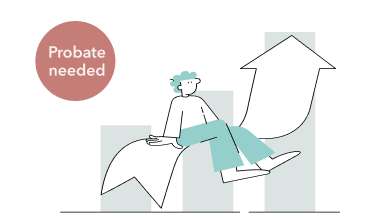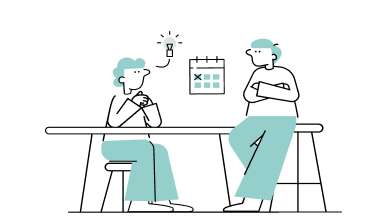Please select your preferred date and time below.
Alternatively,
click here to be contacted as soon as possible.
You will both need to be present at the appointment.
You should not arrange an appointment for someone else. A client must be alone for the appointment to take place.
Sorry, it looks like there's no availability right now
We have received your information and will be in touch as soon as possible.
Please note, if your enquiry is made outside office hours, we aim to contact you on the next business working day.
We record all our calls to help us improve our customer service.






